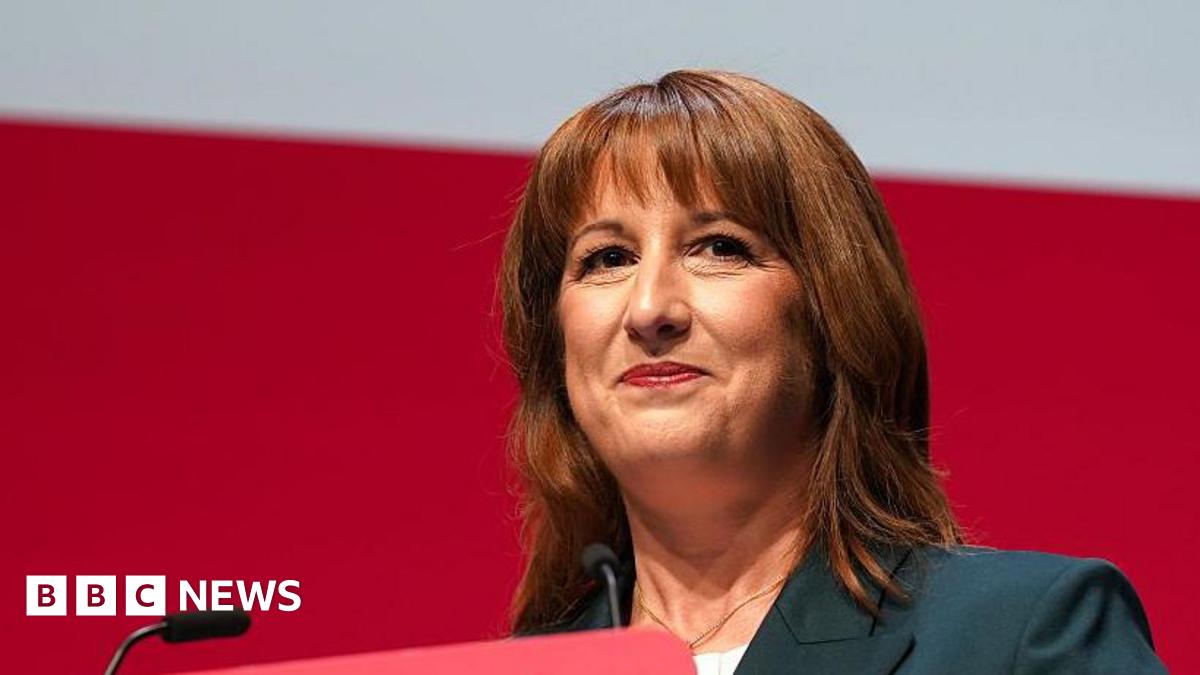The chancellor addressed the emergence of a the UK’s productivity being downgraded for the first time when writing in the Guardian newspaper on Tuesday.
“Those conclusions [by the OBR] will be delivered at the budget next month and I am not going to pre-empt them. But I am going to be candid now that the productivity performance we inherited from the previous Conservative government and since the financial crisis has been too weak,” Reeves said.
Ahead of the Autumn Budget in November, speculation is growing what choices Reeves will make on tax and public spending.
She is widely expected to increase taxes following a gloomy economic forecasts and a series of U-turns on cuts to welfare spending, which have made it more difficult for her to meet her self-imposed borrowing rules.
After announcing tax rises of £40bn in her previous Budget last year, which included a hike in the amount employers are required to pay in National Insurance Contributions, Reeves said she was “not coming back” for more tax rises.
But economists at the Institute for Fiscal Studies (IFS) have calculated a shortfall of £22bn in the public finances and suggested Reeves will “almost certainly” have to raise taxes.
A downgrade to the UK’s productivity performance could see that figure grow higher.
Reeves in recent days has opted to go on the offensive against the expected negative forecasts and has sought to pin the current economic situation in the previous Conservative government along with Brexit and the Covid pandemic.
“Austerity, a chaotic Brexit and the pandemic have left deep scars on the British economy that are still being felt today,” she wrote.
“If productivity is our challenge, then investment is our solution,” she added, listing pledges to invest in the NHS, roads, rails, energy and defence in order to “get Britain building”.
Reeves said there could be “no return to austerity”.
If she opts not to cut public spending or borrow more money, then tax rises are the likely option in order for her to remain within her fiscal rules, which are designed to maintain credibility with the global financial markets the UK borrows money from.
